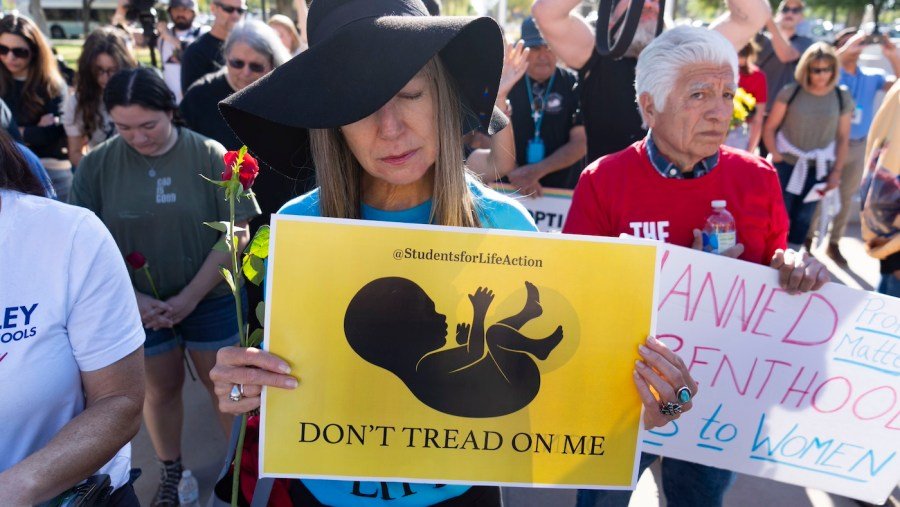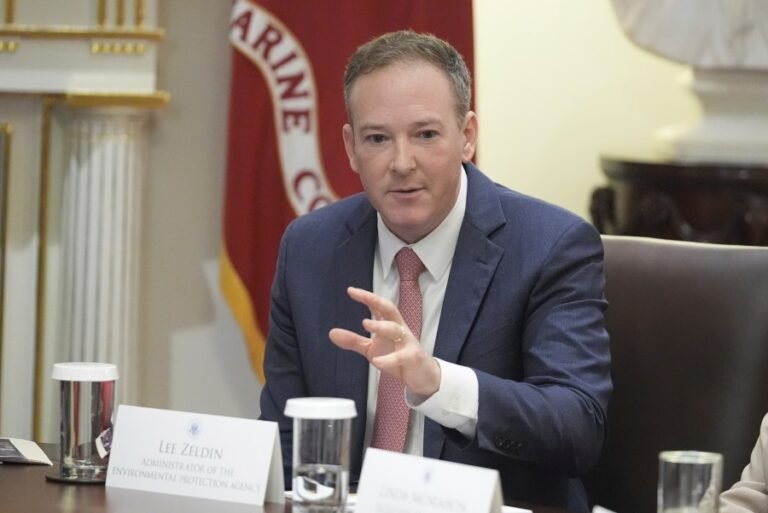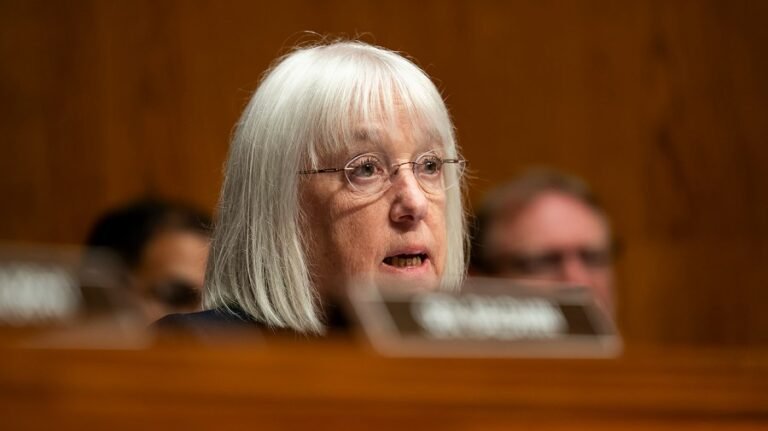
Danville, Ill., my hometown, isn’t used to national headlines. The small city of 29,000 usually slips under the radar unless Dick Van Dyke, our most famous native son, pops back for a visit.
But recently, Danville was thrust into the abortion debate after the city council voted to ban the mailing of abortion pills into town.
The city council, whose normal business includes potholes, zoning and trash pickup, decided suddenly to regulate the U.S. Postal Service and the practice of medicine. Neither, of course, is remotely within its authority.
Worse still, the measure wasn’t even popular. The vote split seven to seven and only passed because the mayor cast the tiebreaking vote.
What happened in Danville may sound like a small-town dust-up, but it’s a window into the broader post-Dobbs landscape: cities and counties experimenting with laws that overstep their authority and distract from real policy fights.
The driving force behind Danville’s new law is no mystery. A clinic that plans to offer abortions is preparing to open inside city limits. The ordinance is essentially an attempt to stop it from setting up shop.
But instead of pursuing a strategy with any chance at all of surviving in court, councilmembers passed a law that even they admit can’t be enforced unless a judge gives the green light.
In other words, this is performance — more theater than governance.
Federalism is messy. Thanks to the Supreme Court’s Dobbs decision, it’s even messier. Some states have moved to ban abortion outright. Others, like Illinois, have gone the opposite way, allowing abortion with few restrictions.
Conservatives celebrated Dobbs because it returned power over abortion laws to the states. But that also means accepting the good with the bad. Pro-lifers in Illinois and other Democratic states have to play on the field they’ve been given, not pretend that Danville can suddenly write its own constitution. Supporters of the ordinance don’t seem to grasp that.
Instead of recognizing the limits of municipal authority, they’ve tried to carve out their own rules, even when those rules collide with both state and federal law.
Their legal justification is shaky at best. The ordinance leans on the Comstock Act, a statute that dates back to 1872, once used to ban the mailing of contraceptives and other so-called “obscene materials.” Since Dobbs, activists have been trying to use it to block abortion medication.
The Justice Department has already said Comstock doesn’t apply when pills are shipped to states where abortion remains legal. That alone makes Danville’s ordinance dead on arrival.
For a city whose population has declined precipitously since the last census, desperate for new residents and tax revenue, this ordinance guarantees only costly litigation. It’s the kind of self-inflicted wound that drains local coffers while generating headlines for activists who don’t live there.
Unfortunately, this is part of a larger push to declare towns “sanctuary cities for the unborn.” But the truth is, local abortion bans don’t work. They clash with state law, they can’t be enforced and they make pro-life advocacy look unserious. Illinois lawmakers have enshrined abortion as a fundamental right through legislation. No city council can change that.
Meanwhile, the clinic at the center of this fight has already endured vandalism and arson attempts, a reminder that over-the-top rhetoric doesn’t just spark debate — it risks real violence.
As a lifelong pro-lifer, I believe in the dignity of unborn life. I also believe in the rule of law. If the goal is to persuade hearts and minds, pro-lifers can’t undermine their own cause with hollow gestures that are destined to collapse in court.
Real pro-life leadership means offering solutions that make an actual difference, like supporting pregnancy resource centers, improving healthcare for expecting mothers and expanding adoption opportunities. These are the kinds of efforts that withstand legal scrutiny and win in the court of public opinion.
Nationally, the lesson is clear: if pro-lifers want to shape policy going forward, the fight is in state legislatures. Chasing symbolic ordinances at the city level might win headlines here and there, but it won’t change state law, and it risks making the movement look more interested in stunts than solutions.
Danville deserves better. So does the national pro-life cause. Protecting life is too important to waste on political theater.
Jacob Lane is a Republican strategist based in Illinois. He is a contributor for Young Voices.


